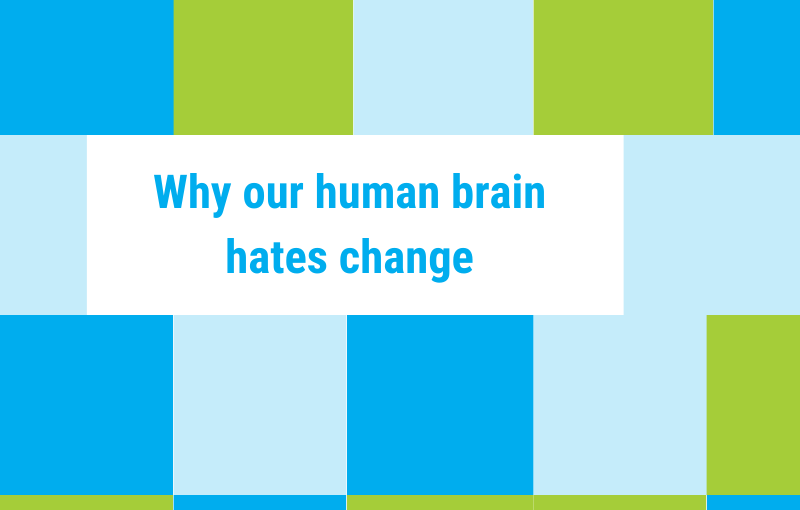In recent articles of this series, we talked about the power of our thoughts and how the quality of our thinking determines the results and experiences we have in our life.
Because it’s our thoughts that determine what we do – which actions we take and which behaviours we execute consistently.
Today we want to learn more about the human brain and how we can manage it successfully.
The human brain consists of two main parts.
One part of the human brain acts as our ‘survival manager’.
It has helped the human species to survive for thousands and thousands of years by
-
- directing us to the things that keeps us alive (food, shelter, sex, community, etc.) and
- keeping us away from the things that are or could be painful, dangerous, risky (trying new things, moving out of our comfort zone, being adventurous, etc.).
Another part of the brain is responsible for the ‘executive’ work, the high-level cognitive tasks.
We could call this part of our brain our ‘growth manager’.
It enables us
-
- to reflect and use our imagination,
- to plan and be creative,
- to set and pursue goals,
- to process, manipulate, integrate information from other brain areas, from our body, and from the outside world,
- to change and update old knowledge,
- to solve problems and make conscious decisions.
Both parts of our brain are doing a great job – they are just not good at working as a team.
The survival manager and the growth manager both want our best.
But they don’t agree on what’s best for us. Their interests and intentions differ, and they usually try to pull us in different directions.
The survival manager is the change-averse part.
-
- Its mission is to keep us alive and safe. That’s why it wants us to stay where and who we are.
- Its job description lists these three main tasks: avoid pain, seek pleasure, save energy.
- It doesn’t want us to change at all, it hates and resists any change.
The growth manager has opposite interests.
-
- It wants us to question what currently is and to be imaginative about what could be instead.
- It wants us to be curious, to explore other options and learn and create new things,
- it wants us to change and move on – so that we can develop our potential and evolve and grow.
What’s happening in our brain whenever change ideas come up?
When our growth manager brings up innovative thoughts that have the potential to create feelings like excitement, motivation, curiosity – causing us to get active and do new things?
As soon as any ideas of potential change pop up in our mind, the survival manager gets nervous and ready to interfere.
It will do its very best to push back any change initiative brought up by the growth manager.
The survival manager doesn’t confront the growth manager directly.
Instead, it pulls its secret weapons:
Well-established and mostly unconscious thoughts that automatically create feelings like fear, insecurity, doubt, confusion – which then cause us to stay away from doing new things. (‘This is dangerous. It’s too hard. I can’t do that. I don’t know what to do.’)
If we don’t pay attention to what’s happening in our mind, the survival manager will always win the battle:
We will survive, yes – but we stay where we are, we don’t change and evolve.
In the next article, we will find out how we can persuade our brain to embrace change – so that we can start to intentionally change our thoughts, feelings, actions and habits, and consequently the results in our life.

